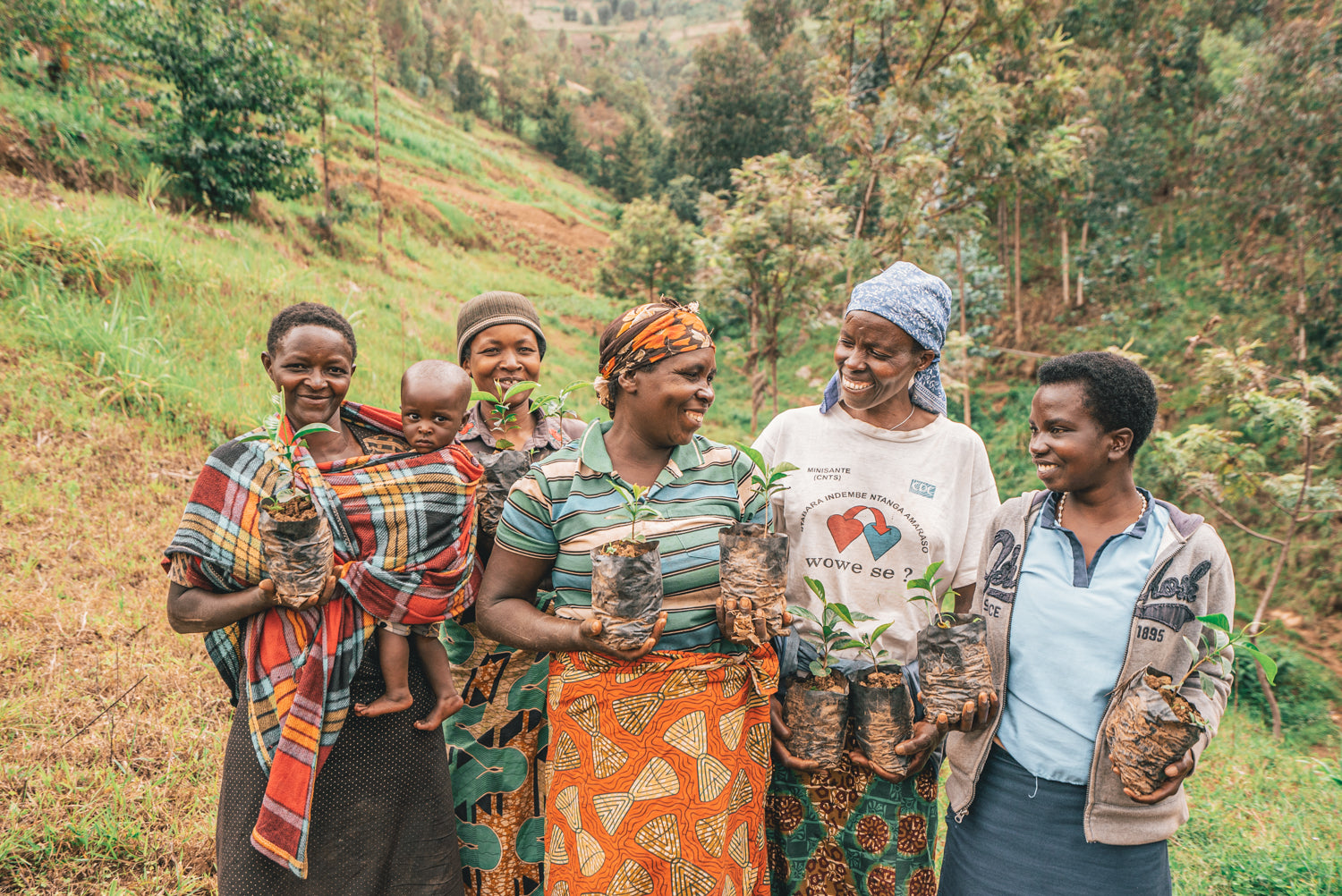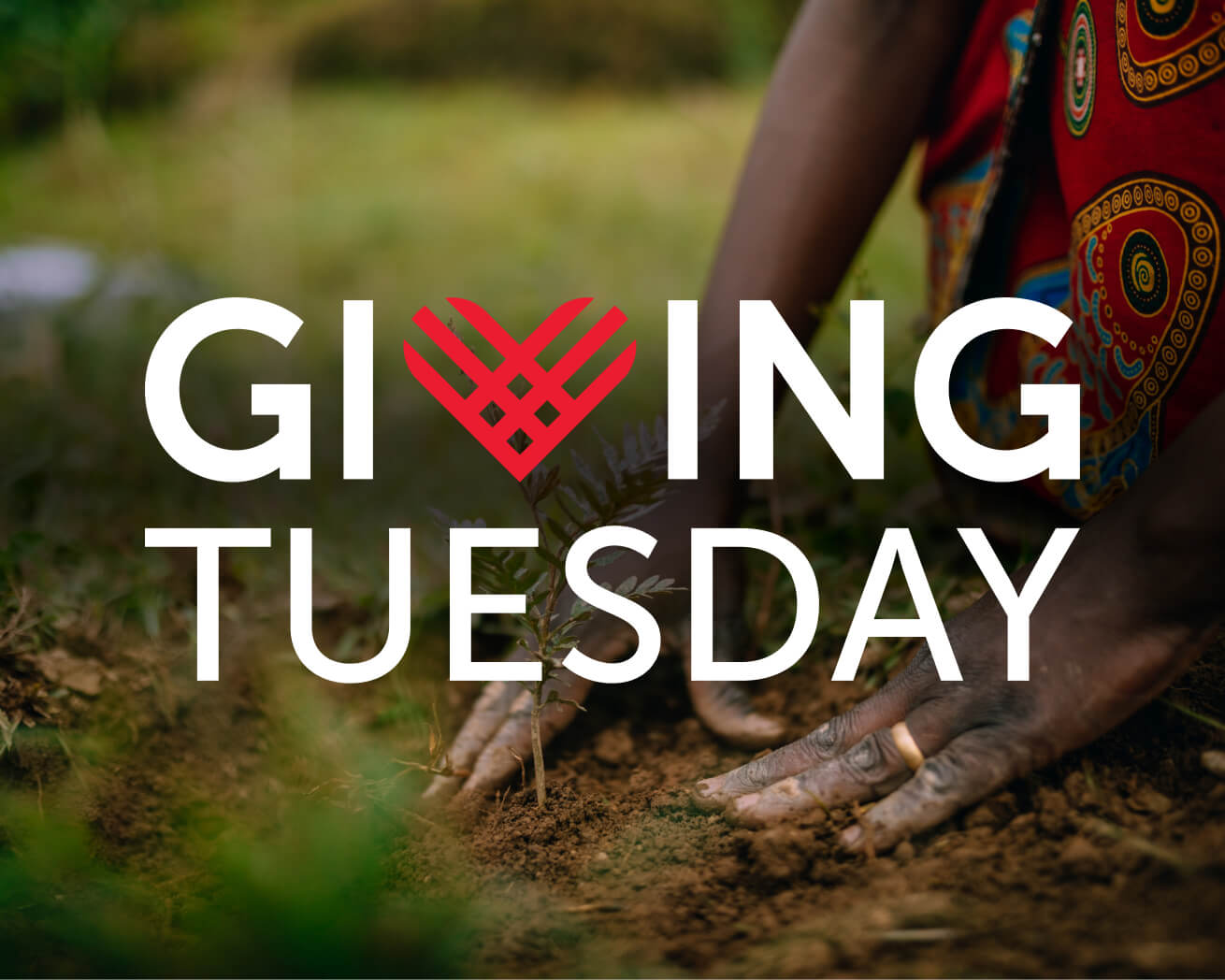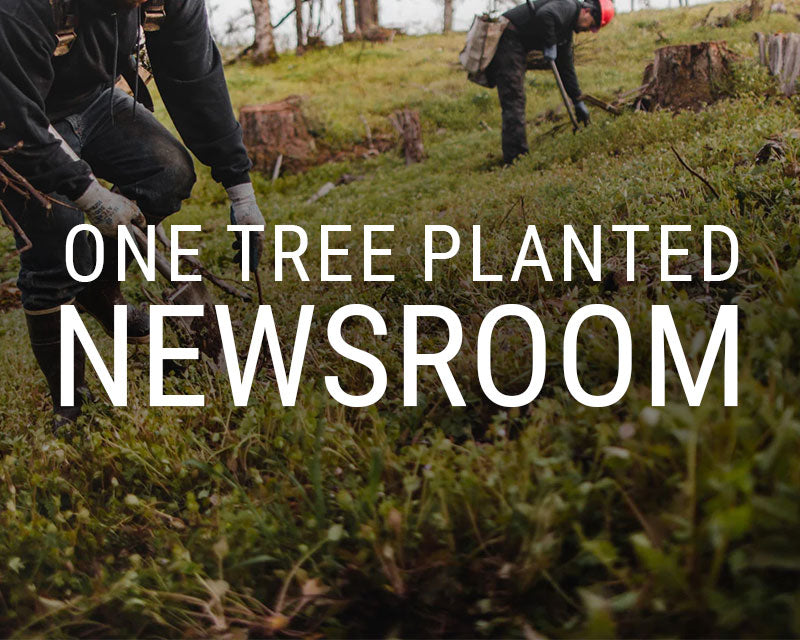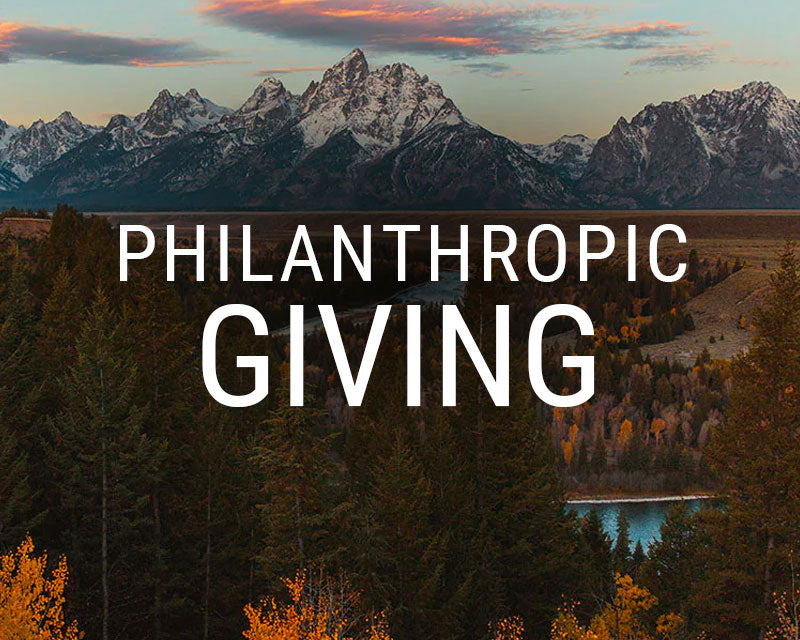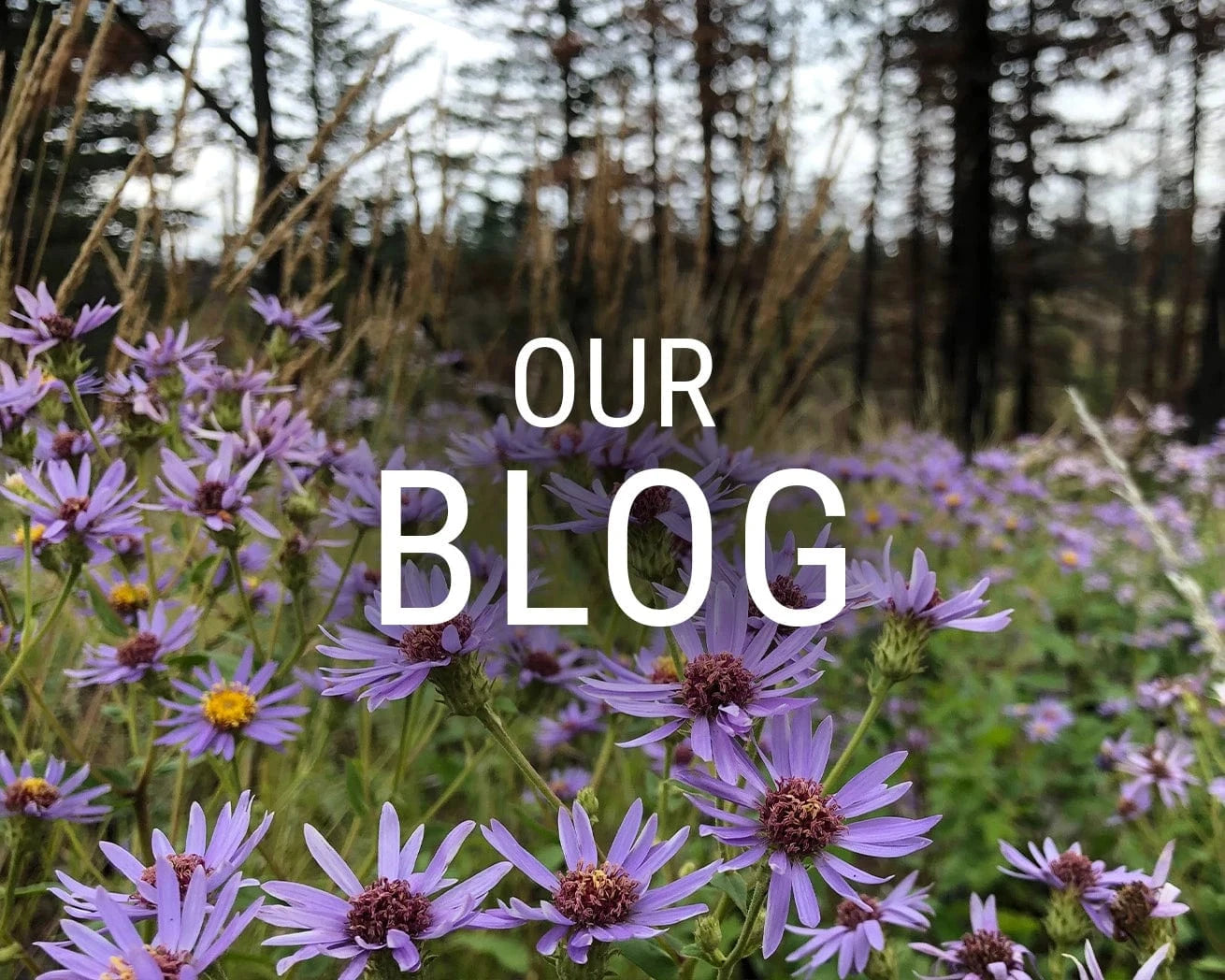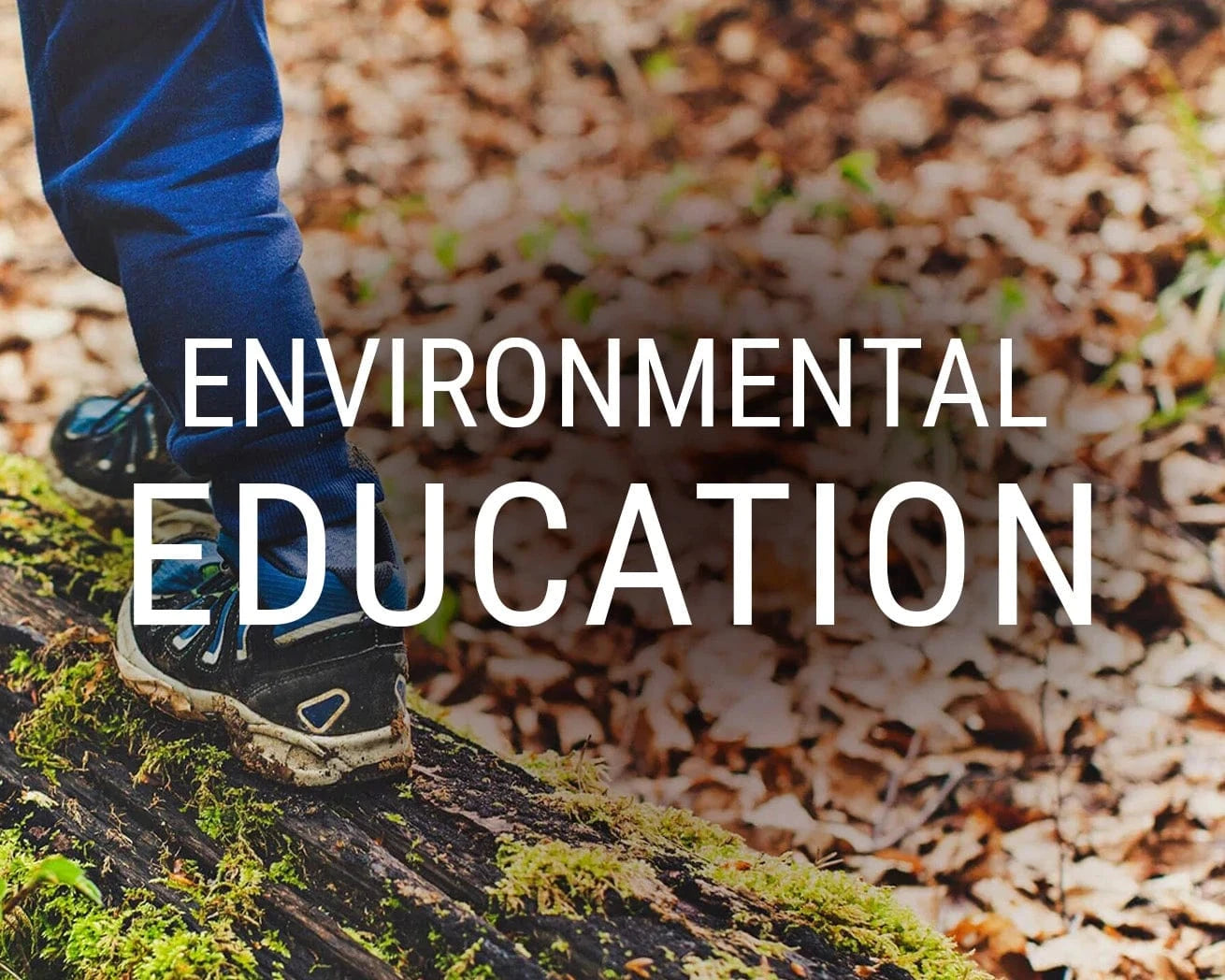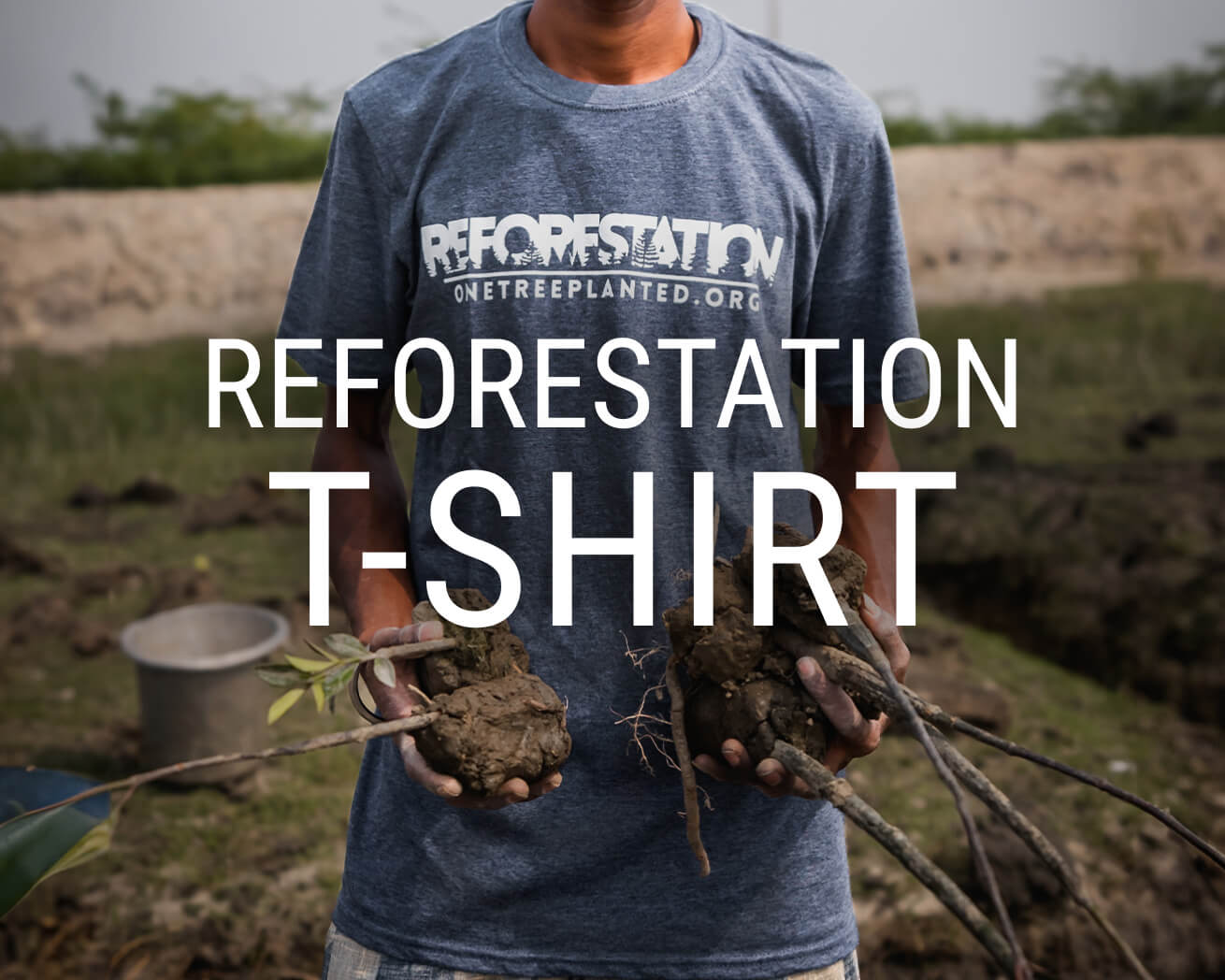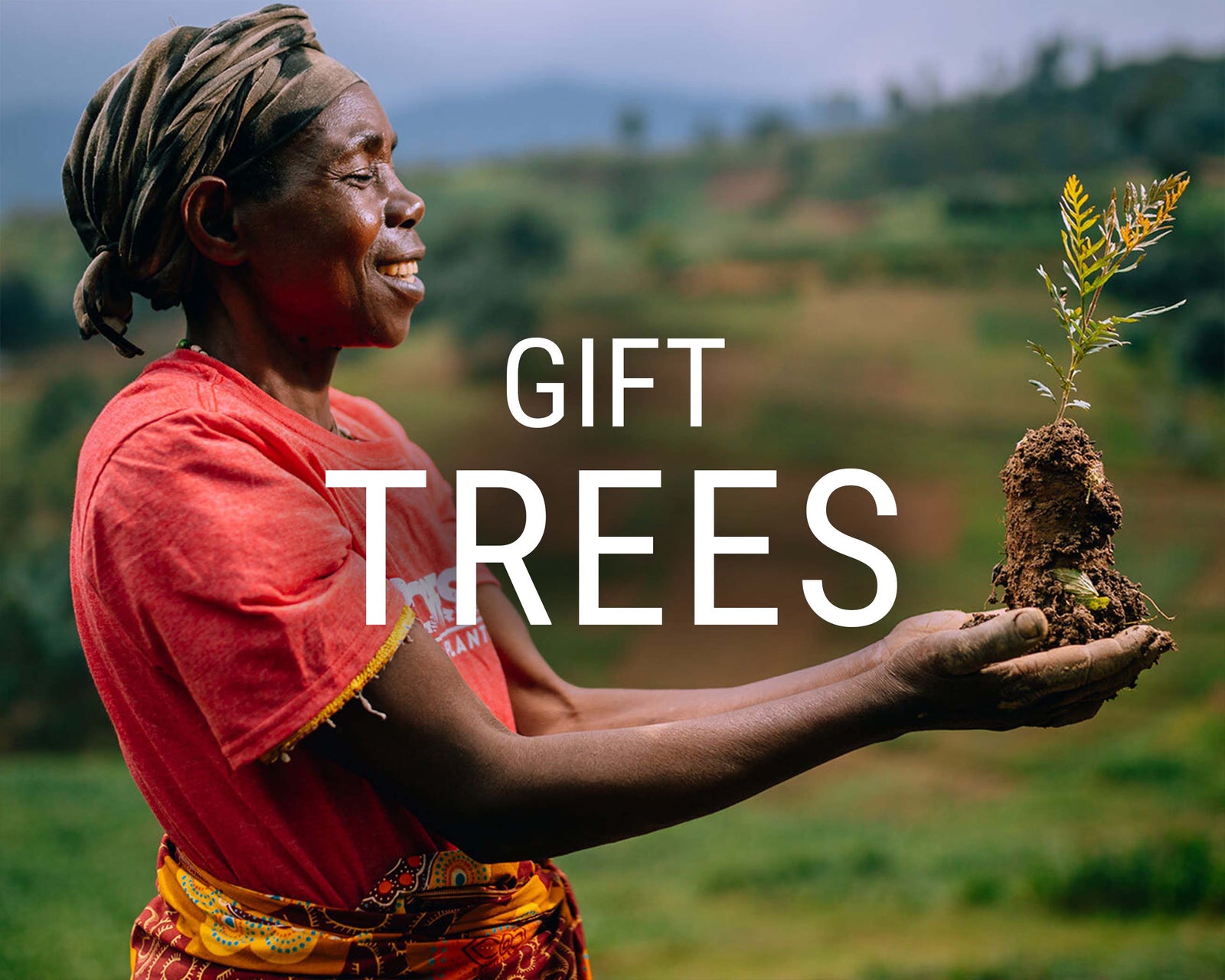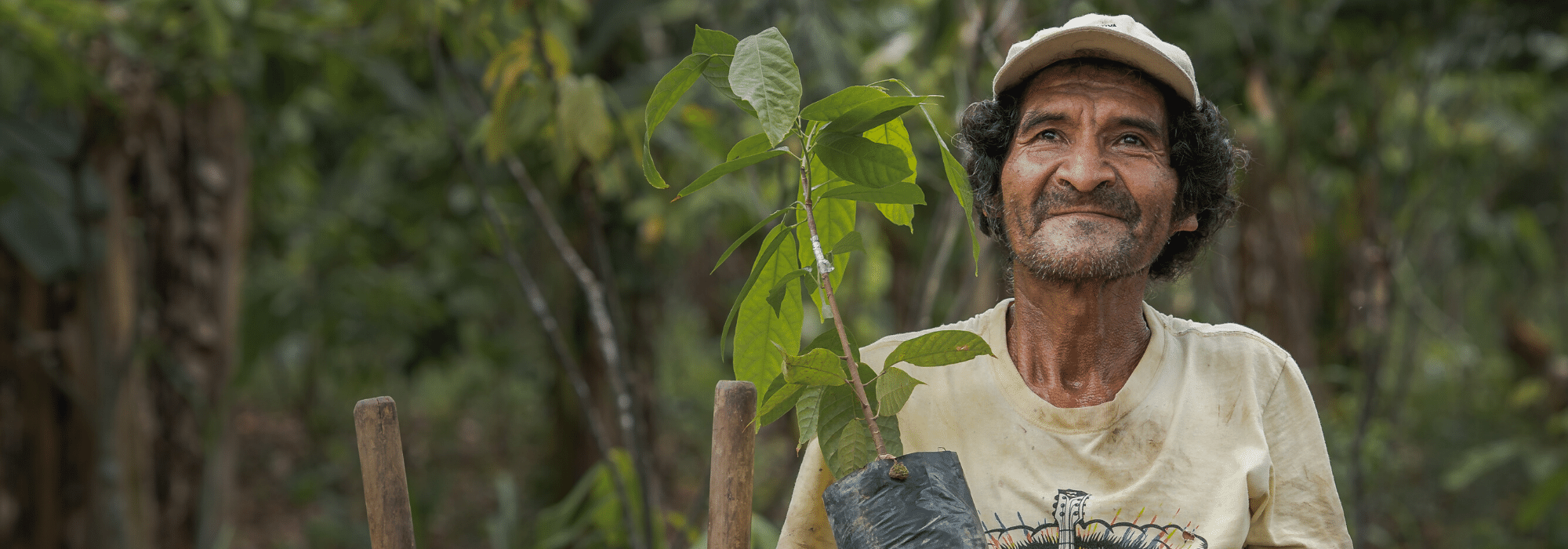
PLANTING REPORT
DOWNLOAD THE 2019 REPORT
Now just 6 years old, One Tree Planted has doubled and tripled in size year-over-year since its inception. Starting with a project of just 20,000 back in 2014, our little charity has now grown to be one of the largest and most recognized tree planting organizations in North America and around the world! As a non-profit environmental charity, we are dedicated to making it easier for individuals and businesses to give back to the environment, create a healthier climate, protect biodiversity and help reforestation efforts around the world!
Thanks to our amazing supporters and business partners, One Tree Planted was able to plant more trees than ever in 2019. Our supporters donated over $5,000,000, enough to plant 4,010,962 trees this year, the rest to be planted early 2020. That's over 50% more than last year!

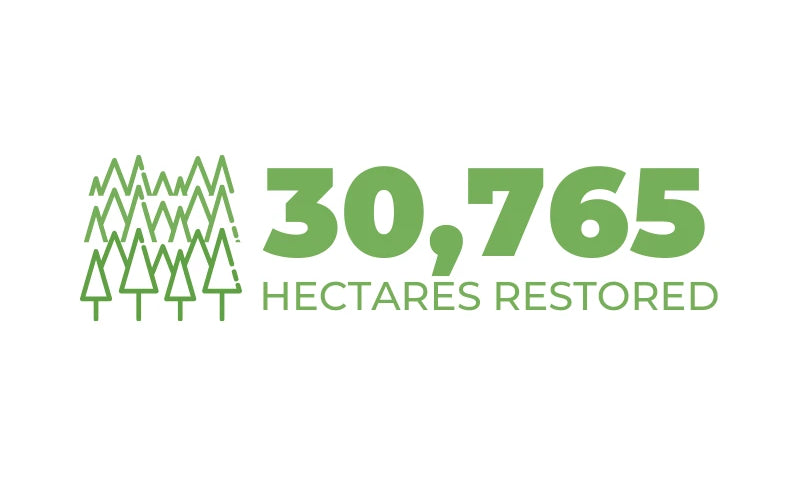
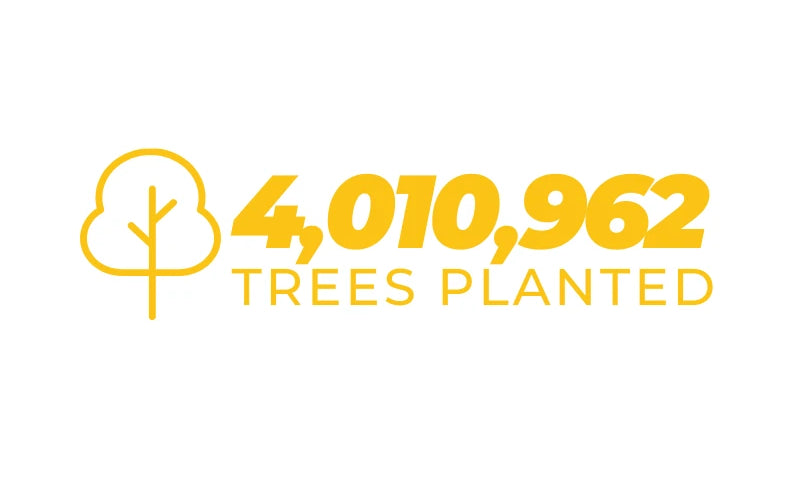

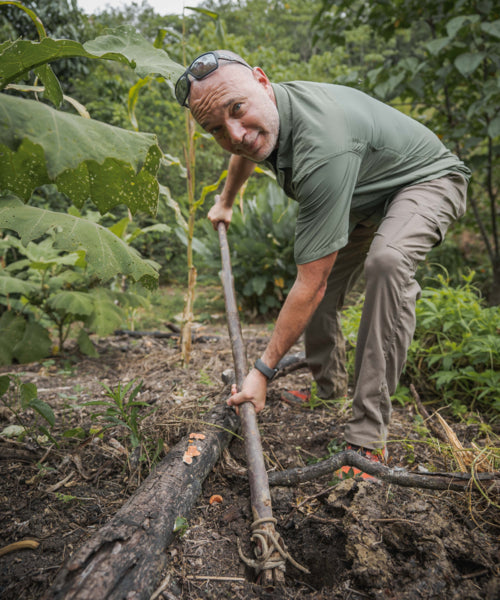
A MESSAGE FROM THE FOUNDER...
"2019 has been an incredible year for One Tree Planted! Thanks to your support, we've grown from a sapling to mighty oak. Our staff grew from a lean team of just 6 to 18, expanding alongside our breadth of projects. This internal growth is essential to us making the biggest possible impact on forests worldwide.
We planted over 4 million trees - more than 1.8 million in North America, 1.2 million in Africa, 465,000 in Asia, and 423,000 in Latin America.
We are poised to make our biggest impact ever in 2020, with more than 6,000,000 trees committed to be planted already!
All of this wouldn't be possible without our amazing supporters. Every $1 donation can make an impact. Every dollar changes the world for the better just a little more. 2020 may have started with continued tragic wildfires, but together we can make this the year we got our forests back.
Now let’s get to work."
MATT HILL
CHIEF ENVIRONMENTAL EVANGELIST
GROWING PARTNERSHIPS

Cities4Forests is a commitment by municipalities around the world to integrate forests and sustainable development into their city planning. This year, we partnered with them to plant trees in urban areas around the world.
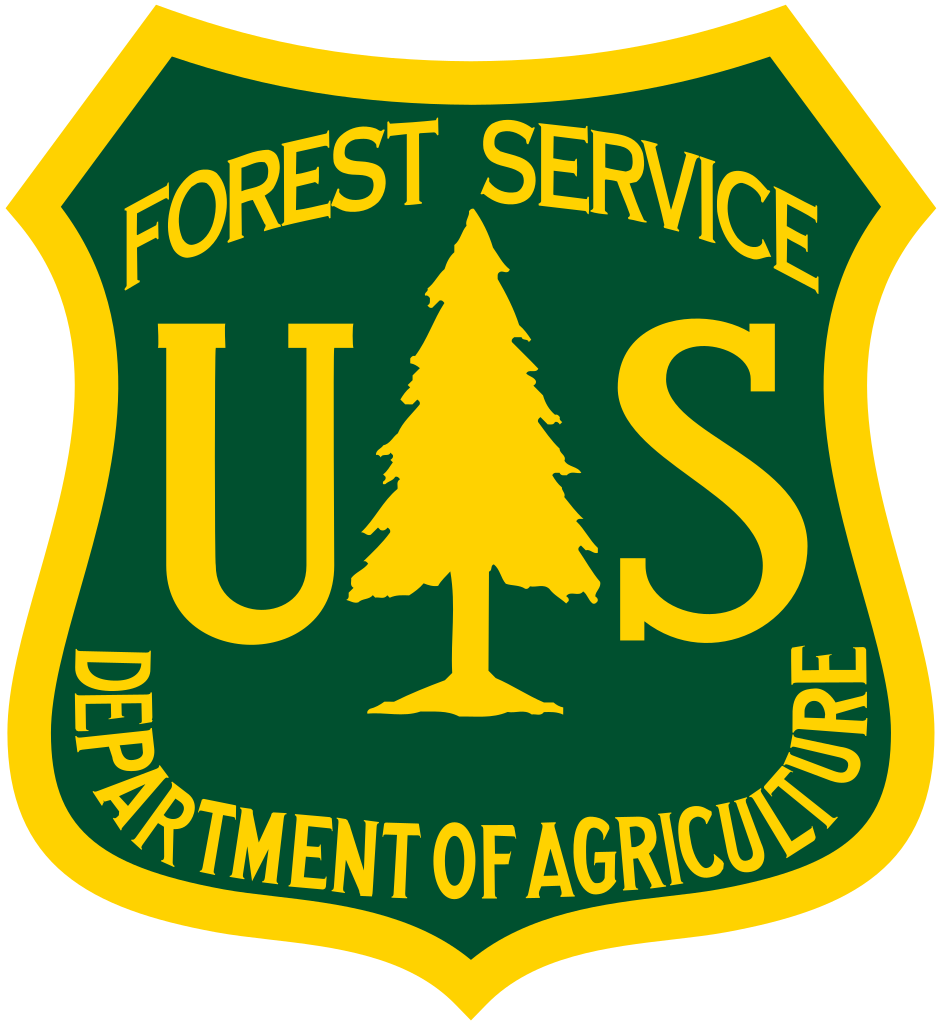
One Tree Planted is now an official reforestation partner of the United States Forest Service (USFS),a rare privilege reserved for very few organizations due to rigorous standards.It means we will be working with USFS to restore and create resilient forest ecosystems on public lands from coast to coast in National Parks in the US.

In 2019, our partnership with the World Resources Institute (WRI) really took off. As a leader in the world of conservation, WRI is critical for ensuring we have plenty of quality projects around the world. For 2020, we are going to continue collaborating and planting as many trees as necessary!
2019 BY THE NUMBERS
One Tree Planted has planting projects in four global regions: North America, Latin America, Africa, and Asia. Within these regions, in 2019 we had projects in 17 different countries. Planting trees in each of these regions comes with its own diverse benefits, challenges, and rewards. And every reforestation project has its own unique impact on forests, communities, animals, and the planet overall.
PROJECT HIGHLIGHTS
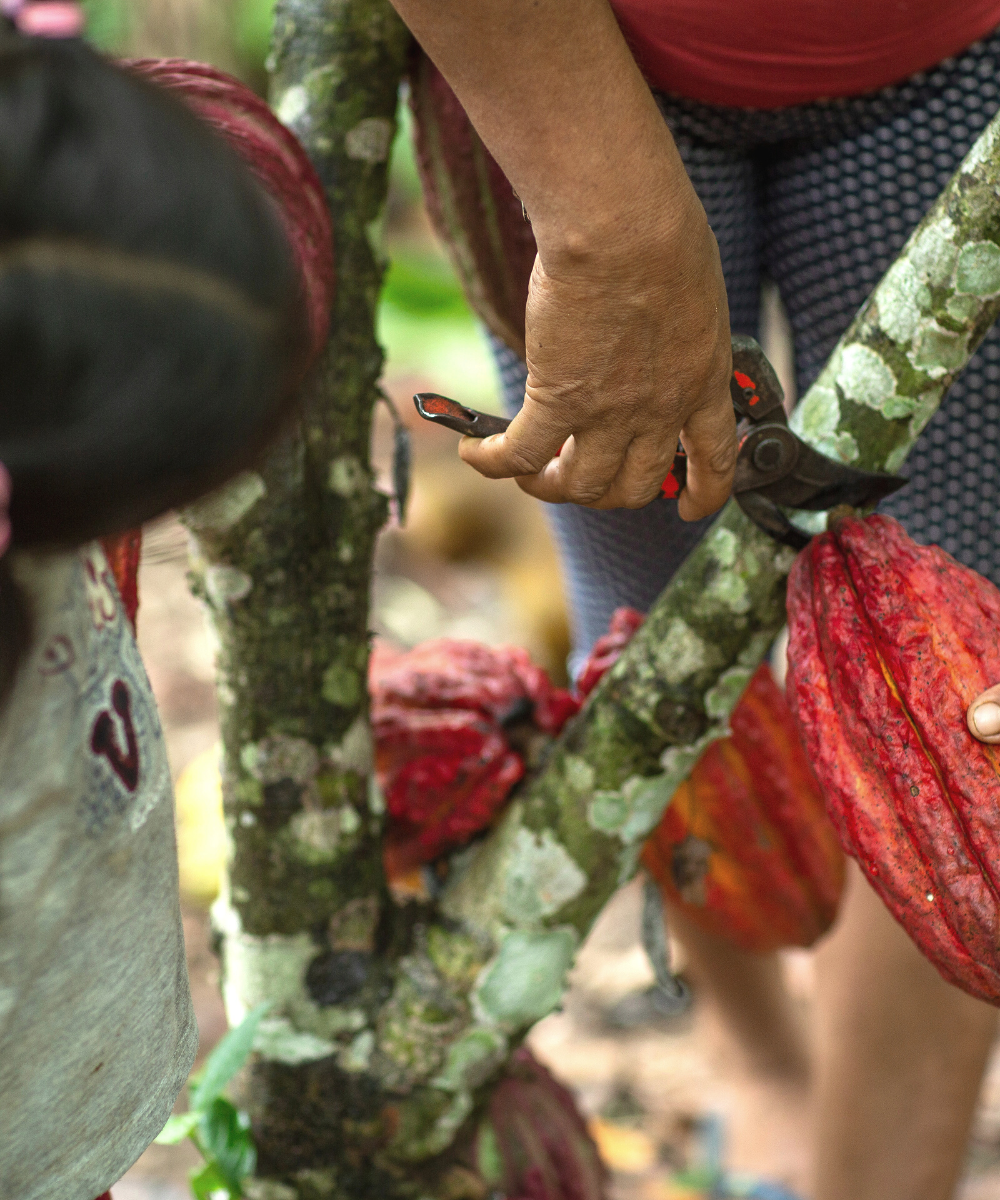
PERUVIAN AMAZON
Peru contains the second largest section of the Amazon Rainforest (after Brazil). As such, the country is home to over 20,000 known species of plants and animals, approximately 1/4 of which are endemic, placing it among the top 10 ‘megadiverse’ countries.
Our project in Peru took place within the buffer zone of the Tambopata National Reserve adjacent to Bahuaja-Sonene National Park. Some of the land where the trees were planted was formerly leased by large agribusiness operations. These businesses tore up large sections of private land to plant unsustainable crops that damaged the land. After harvesting, they left the degraded land for the locals to clean up.
Working with farmers and conservationists, this project emphasizes restoring the land through the practice of agroforestry. Planting cacao trees, other fruit-bearing species, and companion plants creates a socially, economically, and environmentally sustainable solution to restore the land and livelihoods of the impacted communities.
This project spans 3 years and looks to plant close to half a million trees - 260,000 of which were planted in 2019!
PROTECT THE ORCA
In collaboration with Promise the Pod, One Tree Planted is repairing critical watersheds and planting lots of trees to help bring back the endangered Southern Resident Orca from the brink of extinction.
Also known as killer whales, Orcas are an icon of the Pacific Northwest. But their population has been decreasing, with only 73 individual whales left in the region.
One of the biggest threats to the orcas' survival is an ever-decreasing supply of Chinook salmon, a staple of their diet which amounts to about 80% of their caloric intake. Salmon numbers are declining as deforestation and pollution degrade their spawning ground, ultimately impacting the amount of salmon available for the orcas.
Tree planting and restoring riparian zones (the areas where land meets a river or stream) across the Pacific Northwest is a simple and effective solution for protecting and increasing salmon stocks as well as filtering out runoff pollution that ends up in the ocean. This helps not only the salmon, but also reduces the amount of pollution that ends up in the ocean.
This restoration initiative launched in 2019 with 115,000 trees planted, including Orca Recovery Day when hundreds of volunteers planted 5,300 trees in one day!
In total, we are contributing over 1 million trees to this effort, and are looking forward to getting our hands dirty in 2020!
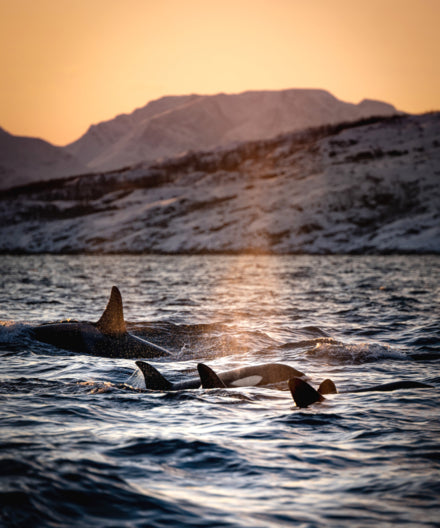
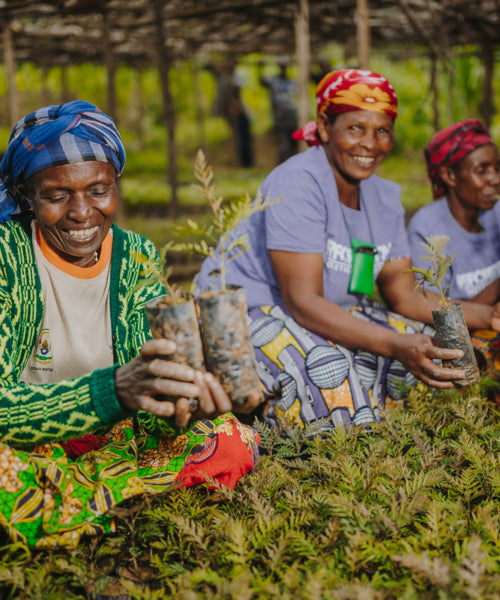
EMPOWERING WOMEN FARMERS IN RWANDA
In 2019, we completed three separate projects in Rwanda, all of which centered around agroforestry. The first was with a women-led coop that planted 35,000 fruit-producing trees; the second a group of students who planted 9,000 trees as part of an initiative to fight poverty; and the third was with farmers who planted 60,000 trees to produce sustainable coffee.
Agriculture employs over 70% of the population in Rwanda. However, livelihoods are being threatened as soil erosion from years of unsustainable farming is jeopardizing crop yields. Steep slopes in the country also increase the likelihood of landslides, which damage farms, pollute water sources, and exacerbate deforestation.
That’s why promoting agroforestry is so crucial for this region. Planting trees that also serve an economic benefit - on top of their benefits to the environment - reduces the likelihood that farmers will cut down the trees for timber or firewood. With the income and food generated from these trees, communities are better able to afford healthcare, education, and quality nutrition - all while reducing soil erosion and contributing to improving the environment overall.
